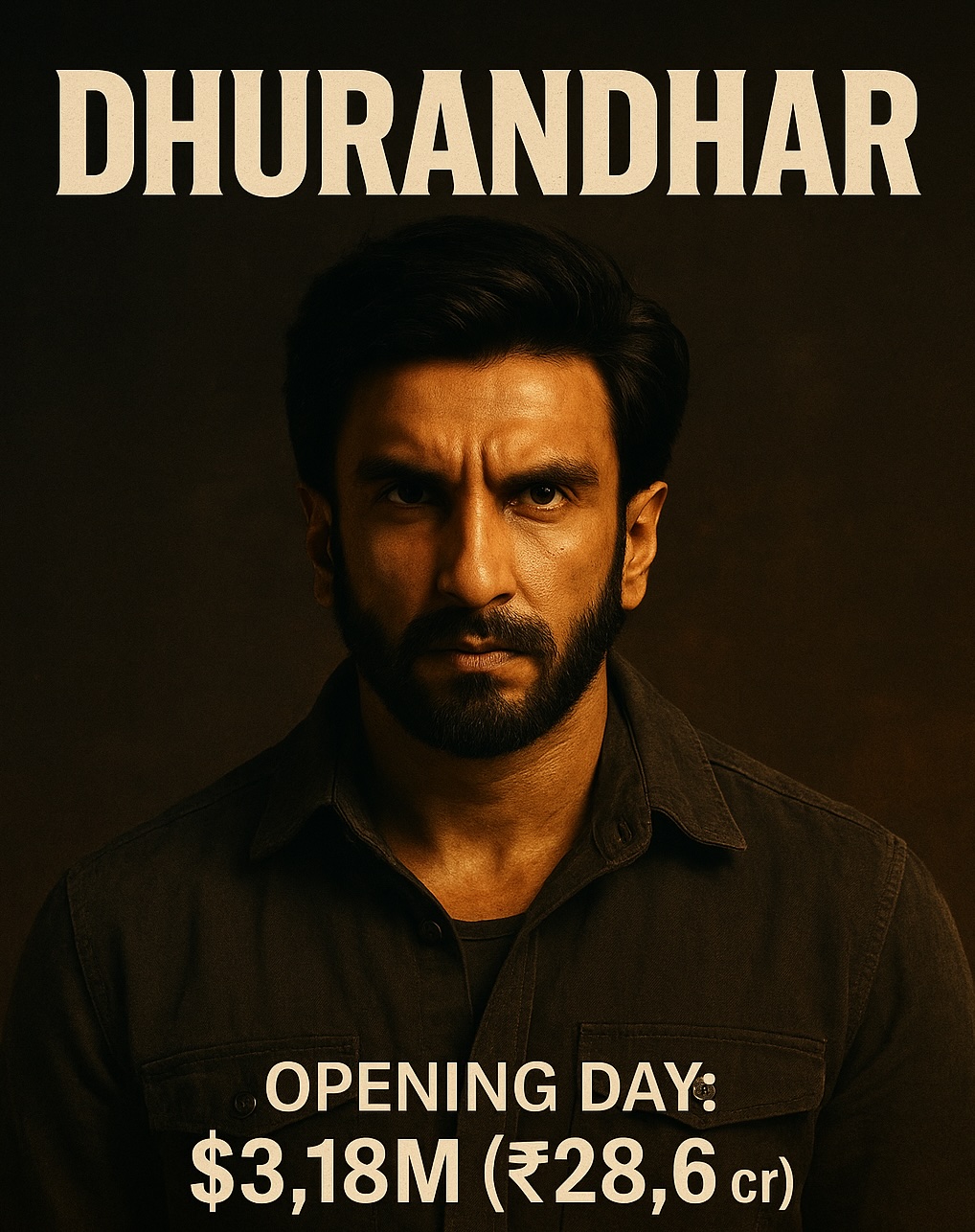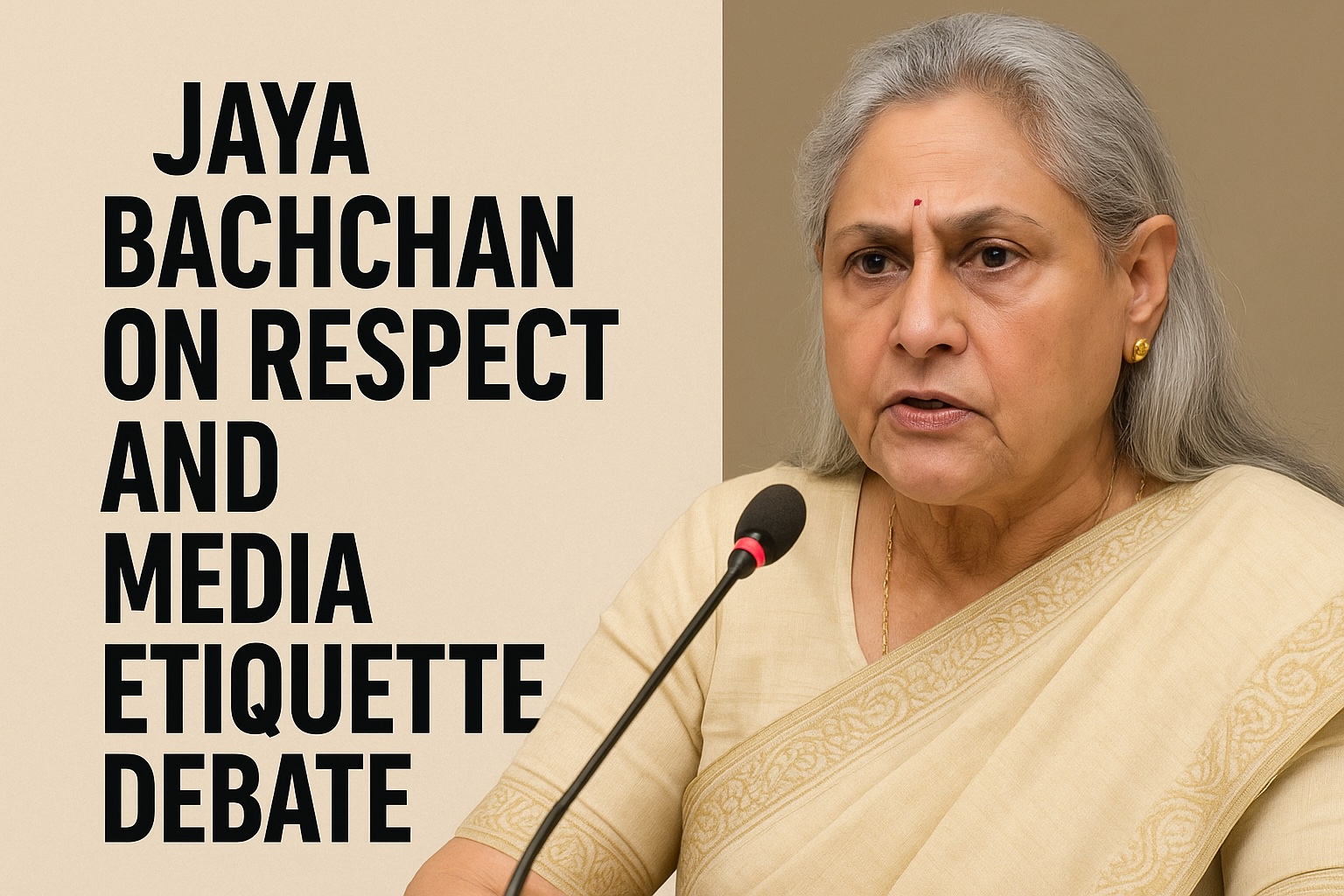Since I watched Bombay Talkies, several people have asked me which of the four short films that contribute to this omnibus I liked most. The next question was to rank the four films in order of my preference. Well, in a field of four, someone must come fourth, but the exercise in itself defeats the purpose of this celebration of Indian cinema. Truth is that there were two that blew me away.
Karan Johar, Dibakar Banerjee, Zoya Akhtar and Anurag Kashyap (listed in order of appearance) are dramatically unlike each other in their styles and filmmaking grammar. So while the four shorts are stylistically different, they have remarkably disparate stories, the commonality is the tribute to the audience and the how cinema touches life – whether through song, idol worship, aspiration or a moment of escape. These films are not a harking back to the history of a century of Indian cinema. Each filmmaker has touched on cinema within their narrative – sometimes just a nudge like Karan Johar’s short and sometimes a little contrived like Zoya Akhtar’s chapter.
The most lyrical, emotional and nuanced is Dibakar Banerjee’s piece featuring the electric talent of Nawazuddin Siddiqui as a troubled amateur actor with unrealized dreams. In his adaptation of Satyajit Ray’s Potol Babu Film Star, Banerjee introduces quirky elements like an emu and captures chawl life perfectly. Sadashiv Amrapurkar’s cameo and Nikos Andristakis’ camera add further layers. But its Siddiqui grasp on the working class Maharashtrian that lingers.
Karan Johar’s bold, relevant, complex, mature short opens the film. Both Randeep Hooda and Rani Mukherji are first-rate as an urban working couple whose marriage has lost its sheen until a young gay intern (Saqib Saleem) in Mukherji’s newspaper office opens up a can of worms. Johar’s film is steeped in a truth we might just come to expect from him in his full-length features too. Hats off to Hooda and Saleem for their confidence to take on these roles.
In Zoya Akhtar’s film, a young boy (Naman Jain) dreams of growing up and becoming a dancer, like Sheila (Katrina Kaif). The actress becomes his fairy godmother, guiding him through the maze of finding one’s identity while managing his macho father’s (Ranvir Shorey) expectations from his son. The relationship between brother and sister is the most charming part of this otherwise slim story.
Finally, a journey from North India to the doorstep of India’s biggest Bollywood brand–in Anurag Kashyap’s film, Allahabad boy Vijay (Vineet Kumar Singh) brings some homemade murabba (pickled fruit) to Mumbai for Amitabh Bachchan to taste. It’s his dying father’s (Sudhir Pandey) last wish. Days and nights of patient waiting outside Bachchan residence Prateeksha, at the mercy of watchmen and security guards, leaves Vijay penniless and disheartened. Kashyap’s writing and Singh’s performance are the highlights of this effort, plus a cameo by Bachchan himself. The notion of idol (idle) worship ends with a life lesson, which frankly, was too clever by half.
There are a couple of other minor grouses – Amit Trivedi’s music is unexpectedly grating and the final theme song is simply terrible. It reduces 100 years of cinema to 20-odd stars and their Bollywood stardom. Also, the stories really do not bear enough connection to cinema to stand up to the idea of being “commemorative” or “tributes”.
That said Bombay Talkies (in parts if not in whole) gives you enough surprises, joy, drama, melody, romance, hope, redemption and colour that are at the core of Hindi cinema. And that’s worth celebrating.
Rating: ***1/2





